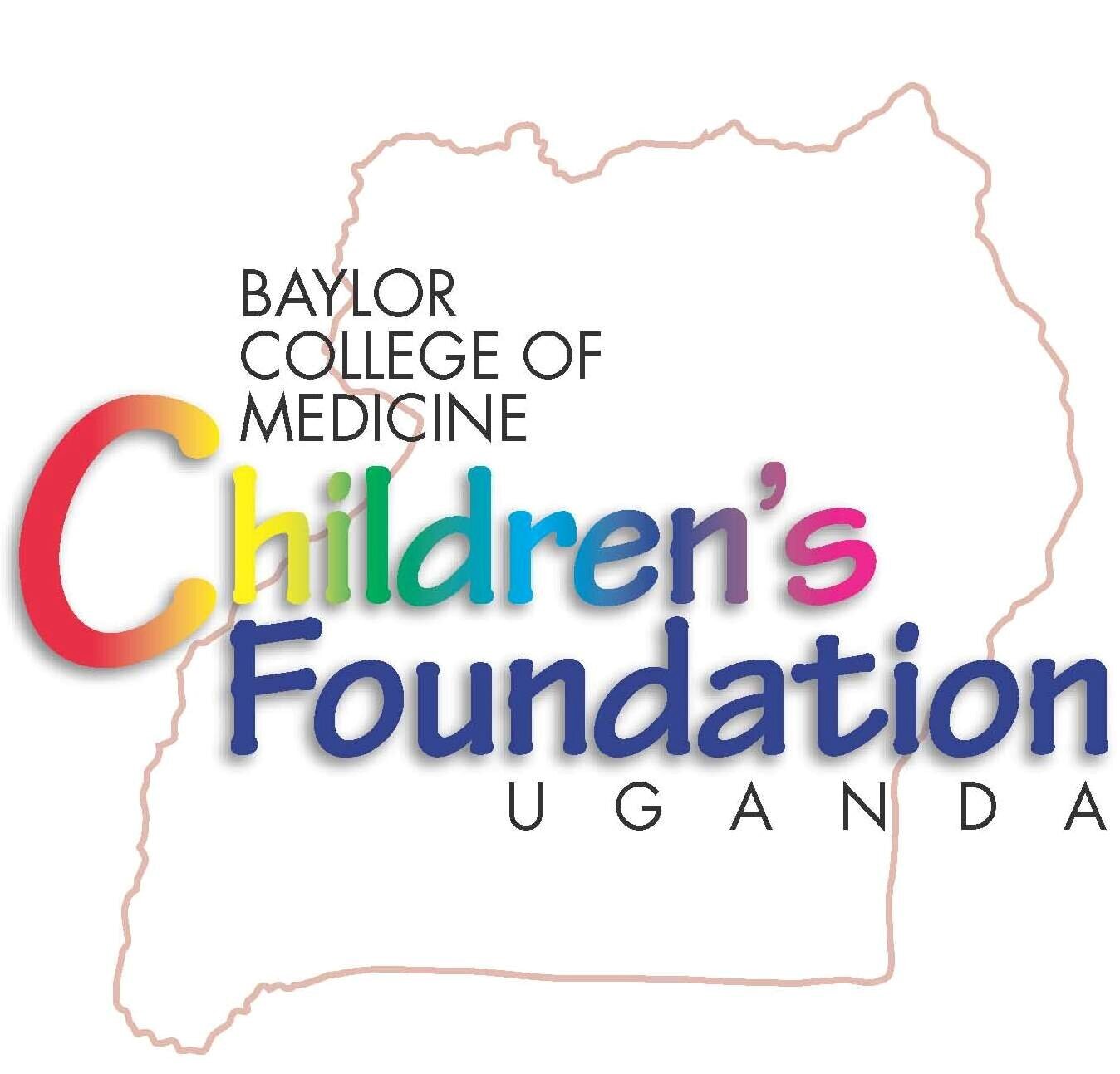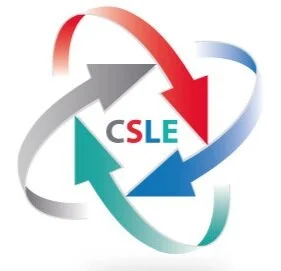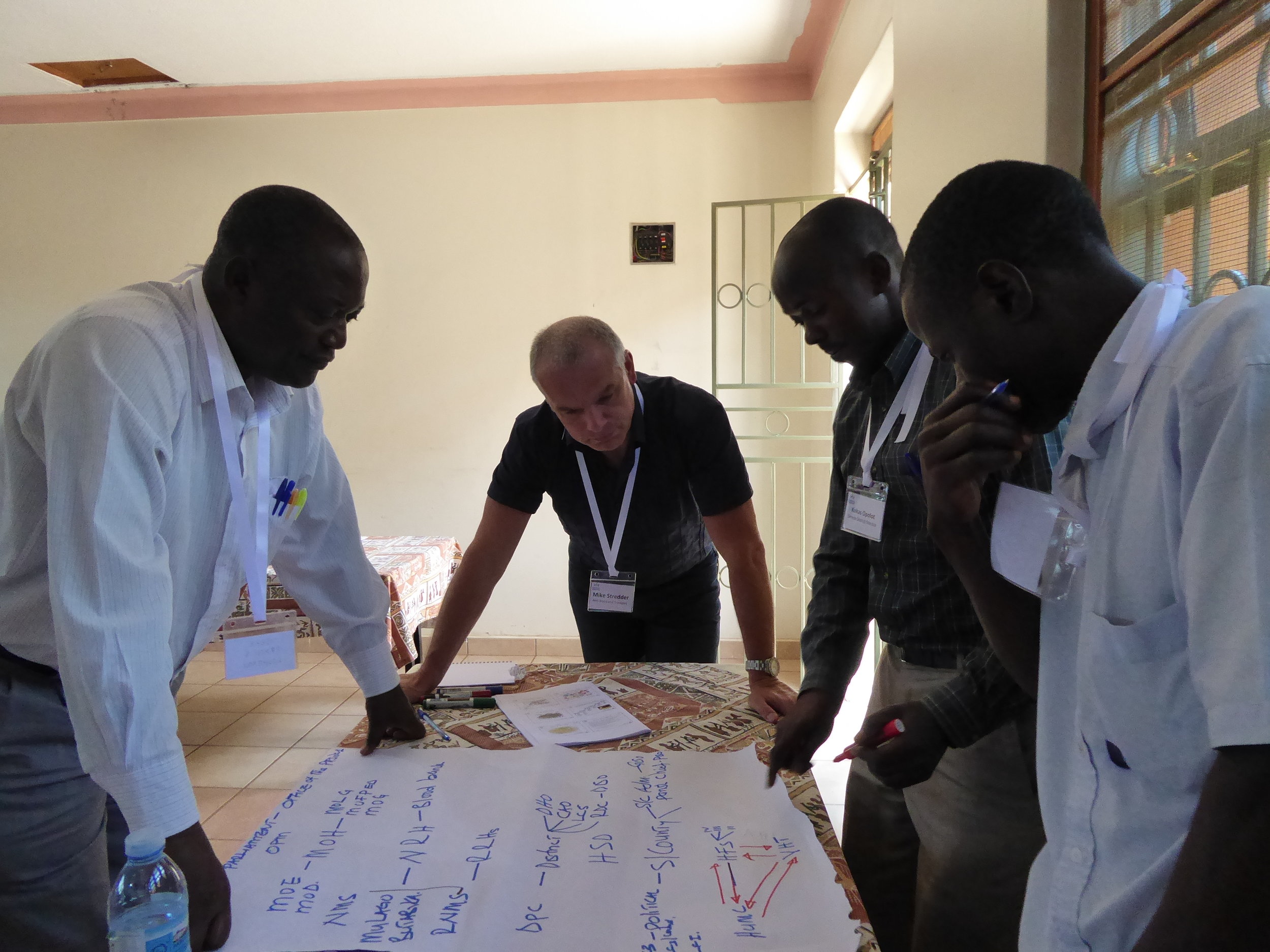PROGRAMME PARTNERS:
WHERE: Rwenzori Region, Uganda
WHEN: 2018 - Ongoing
SHARED VISION: Improved anti microbial stewardship and infection protection and control across Rwenzori Region, building a strong new global AMR partnership and leading the way on AMR stewardship in Uganda.
WHY: Antimicrobial resistance is a growing health threat globally. In Uganda, the threat is exacerbated by the challenges of a low resource health system: high disease burden, underfunding, inadequate human resources, limited infrastructure etc.
Only 25 facilities in Uganda perform Antimicrobial Susceptibility Testing, while microbial infections account for 37% of all hospital admissions. The government’s AMR recommendations are not being systematically implemented; for instance, none of the hospitals in Rwenzori have operational Medicinal and Therapeutic Committees.
What Is UGANDA LEADERSHIP PIONEERS?
Uganda Leadership Pioneers is Pepal’s only open programme and a unique executive leadership programme based in Uganda.
It is an immersive experience, which brings cross-cultural teams together to develop their leadership skills and co-create action plans to combat antimicrobial resistance (AMR) across health facilities in Uganda. Combining classroom based learning with health facility visits, this unique programme is a hands on opportunity to support Ugandan health workers and NGO staff to lead the AMR response at their workplaces. You do not need experience of AMR work to join this programme.
WHY JOIN?
Develop your leadership capabilities, increase your confidence and expand your comfort zone
Leverage your skills and experience to bring about sustainable change in a resource-limited setting in the context of AMR
Create a strong and diverse international leadership network
Learn about Uganda and what it is like to work in a complex and challenging low-income environment
As a participant, you will not only develop your leadership skills, with a focus on systems leadership, influencing, collaborative working, relationship building and deepening personal cultural awareness, but you will also work alongside and support Ugandan healthcare leaders to make real social impact in a way that is meaningful and sustainable by helping your peers to solve leadership challenges across eight high volume hospitals. The immersive nature of this programme means you don't just learn about leadership, you experience it.
This course is aimed at international senior leaders from the public, private, and charity sectors who are seeking to better understand and continuously assess their personal strengths and weaknesses, adapt and improve their leadership skills, and identify new ways to deliver results in complex and challenging environments.
Building relationships with Ugandan colleagues whilst applying rigorous academic leadership training brings the learning experience alive. Working outside your comfort zone in this challenging environment whilst thinking about leadership concepts deepens the learning. On this fast-paced course, both theory and new ideas are immediately put into practice during visits to the health centres. Then back in the training room, leadership skills are further tested as participants work together to plan for impact. After the immersion, you will continue to work together with your peers remotely for six months.
WHY LEADERSHIP IN THE CONTEXT OF AMR?
“Without urgent, coordinated action by many stakeholders, the world is headed for a post-antibiotic era, in which common infections and minor injuries which have been treatable for decades can once again kill.”
AMR is a growing health burden globally, and it has been identified as one of the top 10 threats to public health by the WHO. As LMICs shoulder the biggest burden of infectious diseases, it is critical that their national governments facilitate national policy setting and implementation around AMR.
The Government of Uganda (GoU) has begun to address this pressing health issue with the development of the AMR National Action Plan 2018-2023 and the establishment of the Uganda National Antimicrobial Resistance Committee. As the GoU and the Ministry of Health (MoH) begin to move from policy setting to implementation, this programme is a timely support to national strategies. Through improved leadership skills, cross-sector learning with colleagues from the NHS UK and other institutions, and focus groups held at health facilities, the programme aims to create informed, accountable leaders who can drive GoU’s vision.
Limited financial resources and infrastructural constraints are contributors to the growing burden of AMR in Uganda: only 25 health facilities can perform antimicrobial susceptibility testing and only 49% of health facilities have access to hand washing facilities (WHO, 2015). However, it is often ineffective leadership and governance structures that are the root causes of AMR contributors at health facilities and in the communities. There is a gap between policy and implementation which can be addressed through leadership development.
Cohort 1: February 2020
16 leaders from the public sectors in Uganda and the UK came together for a five day immersion programme to develop their leadership skills and co-create low cost innovation ideas to combat AMR across five hospitals in the Rwenzori region of Uganda.
“As a leader, I am inspired to find solutions, solutions I can work on and inspire others to believe in. We need to leverage what we have to achieve the solutions we want to achieve, we have to be pioneers.”
The 16 leaders were split into cross-sectoral teams of NHS leaders, technical staff from Baylor College of Medicine Children’s Foundation (Baylor-Uganda), and frontline staff from five hospitals in Rwenzori region. The teams learnt critical leadership theory in the classroom, and then applied their learnings during 29 health facility visits across the Rwenzori region of Uganda. They developed six month action plans based on their findings and presented them to nine executive guests on the final day of the workshop for their sign off.
CLICK HERE TO Download the Cohort 1 Programme Report
PROGRAMME IMPACT
Leaders from the UK National Health Service, local government and private sector have joined the programme.
“A fantastic experience that will stay with me forever. An extreme course that doesn’t take you to the edge of your comfort zone, it smashes well beyond it. An assault on your leadership that you can’t help but learn from. A full on intensive leadership experience with theory to back it up, a long way from the traditional theoretical courses.”
“This was a completely immersive and testing learning experience; we saw the importance and power of leadership and cross system thinking in a country facing extraordinary challenges.”
“Learning collaboratively with Ugandan colleagues was an amazing experience – I learnt more from them than they will ever know”
KEY DATES
Closing date for applications: TBD
Initial call for programme introductions: TBD
Preparation meeting in central London: TBD
EXAMPLE PROGRAMME SCHEDULE - February 2020
Saturday 1st February: Arrive in Entebbe and travel to Kampala, meet Pepal in-country team with optional tour of Kampala.
Sunday 2nd: Travel to Western Uganda and meet Ugandan staff from Baylor College of Medicine Children's Foundation. CSLE introduces theoretical cultural models and participants prepare to meet their Uganda colleagues.
Monday 3rd: Training Centre - International and Ugandan participants form project teams, CSLE introduces theoretical leadership tools on Systems Leadership, Stakeholder Mapping, Influencing and the Learning Organisation. Participants prepare for visits to community health facilities.
Tuesday 4th and Wednesday 5th: Turning Theory into Action - Participants travel in project teams to districts and test ideas developed in the classroom at community health facilities, alongside volunteers and health workers.
Thursday 6th and Friday 7th: Planning for the Future - Project teams present their ideas to district government leaders and politicians, reflect on their learning and work on post-programme planning, followed by a closing ceremony and celebration.
Saturday 8th: Reflection and relaxation, including an optional R&R activity.
Sunday 9th: Travel back to Entebbe for night flights back to the UK.
FEES
£2,900 per participant (NHS and third sector fee. The fees for participants from private companies may vary please contact sarah.galvin@Pepal.org for more information.
The fee includes food and accommodation whilst in Uganda, local transportation, and on-going support from Pepal during the six-months following the immersion visit. The fee excludes travel to and from Uganda. The fee also subsidises the participation of Ugandan health workers on the programme.
Mike Stredder, Director, NHS Blood and Transplant, works with Ugandan colleagues.
MORE INFORMATION
To register your interest in this course or future courses, please contact Sue Hopgood:
Email: sue@csleuk.org
Tel: +44 (0) 7590 353 005
THE CONTEXT: UGANDA
Uganda is a landlocked country set on the equator of East Africa with a population of 42 million. Known as the ‘Pearl of Africa’ for its rich natural beauty and fertile land, Uganda is now a peaceful country after decades of political turmoil and conflict
Nevertheless, poverty remains an acute problem with 63% of the population living on under $2 a day. The healthcare system is severely stretched:
Maternal mortality rates are 360 per 100,000 live births (compared to 8 in the UK).
1.5 million people are living with HIV.
Average life expectancy is 59 (compared to 81 in the UK).
The impacts of AMR disproportionately affect poorest populations which already have a high burden of infectious diseases associated with poor health care systems, inadequate sanitation, limited access to safe water and resource constraints.
According to the Ministry of Health Uganda,: microbial infections, including pneumonia, TB and sepsis, accounted for 18.4% of hospital-based mortality. Microbial infections were responsible for 37% of all hospital admissions.
Infection Control and Prevention Committees exist at all tertiary health care centres, but often fail to implement national guidelines (2013) due to non-prioritisation of their work, resource constraints, lack of oversight.
Only 25 health facilities across the country are performing Antimicrobial Susceptibility Testing.
66% of health facilities have access to running water (WHO, 2015)
0.49 hygiene coverage across health facilities nationwide (WHO, 2015)
THE PARTNERSHIP
To deliver this unique programme, Pepal is collaborating with The Cross Sector Leadership Exchange (CSLE) and Baylor College of Medicine Children’s Foundation (Baylor-Uganda).
ABOUT PEPAL
Pepal designs and delivers executive leadership programmes that bring together business, NGO and public sector leaders on projects that create sustainable and scalable social change in developing countries. Pepal programmes combine project work, world-class management and leadership training, and field exposure. Pepal consolidates learning, embeds partnerships and ensures change on the ground by supporting project implementation and remote working.
ABOUT THE CROSS SECTOR LEADERSHIP EXCHANGE (CSLE)
Set up by a consortium of like-minded public and voluntary sector professional leaders, CSLE aims to develop existing, future and aspiring leaders to better deliver services to the public. CSLE brings together delegates from a range of sectors and organisations to address real problems with real partners and come up with real solutions. Through its programmes, CSLE encourages collaborative working and provides particpants with the skills and networks they need to drive effectiveness across the public sector. For more information, visit: www.csleuk.org
ABOUT BAYLOR-UGANDA
Baylor-Uganda is a registered Ugandan not-for-profit child health and development organization. Baylor-Uganda provides child-focused and family-centred paediatric HIV/AIDS prevention, care and treatment services, health professional training, and conducts clinical research. For more information, visit: www.baylor-uganda.org







